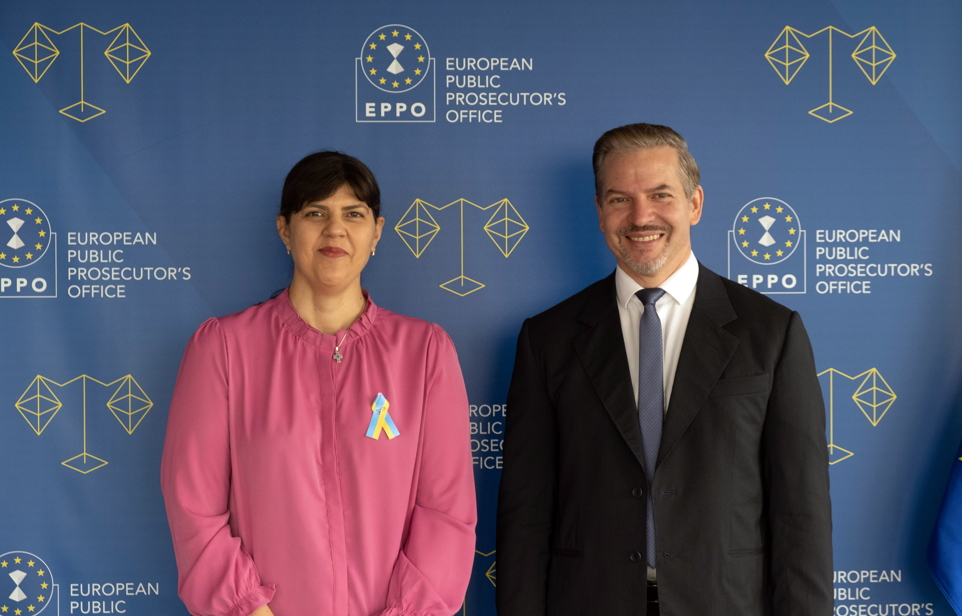Networking activities
EU Institutions Subcommittee
The purpose of this subcommittee is to promote a continuous and constant update on the innovative elements and perspectives for the development of EPPO in the different EU institutions, as well as to ensure fruitful cooperation in the exchange of information and to develop strategies for combating financial crimes of interest to the EU.
Chair
Florin-Răzvan Radu
Principal Legal Officer at the EPPO Legal Service
Petr Klement
European Public Prosecutor for Czech Republic, specialising in PIF crime, cybercrime, and combating the financing of terrorism
Francisco Fonseca Morillo
Direttore dell’Istituto di Studi Europei e dell’Università di Valladolid ed Ex vicedirettore generale della DG Giustizia presso la Commissione europea.
Members:
Miriam Testa
Alice Pontoriero
Ferdinando Sorbilli
Marta Valmadre
Activities

Standard form for MLA requests under the EU-UK Trade and Cooperation Agreement
Standard form for MLA requests under the EU-UK Trade and Cooperation Agreement Date of preparation: 25 September 2023 Author: Radu...

EPPO: Petr Klement appointed Deputy European Chief Prosecutor
Author: Antony Zhilkin Subcommittee: EU Institutions Subcommittee Date: 08.07.2023 The news of European Prosecutor Petr Klement's appointment as Deputy European Chief Prosecutor has been making waves in the legal community. It has been reported that he will be taking...

Ongoing discussions within Council of Europe on cooperation in criminal matters between the EPPO and the non-EU States Parties to the European Convention on Mutual Assistance in Criminal Matters
Author: Florin-Răzvan Radu Subcommittee: EU Institutions Data: 05/06/2023 At the 83rd plenary meeting of the Council of Europe’s Committee of experts on the operation of European Conventions on cooperation in criminal matters (PC-OC), that took place in Strasbourg on...

The problem of double-authorisation in cases of cross- border investigations
The first request for a preliminary ruling on the EPPO Regulation submitted to the EU Court of Justice The Court of Justice of the European Union received the first request for interpretation of EU Regulation n.2017/1939 which establishes the European Public...

Funded by the European Union. Views and opinions expressed are however those of the author(s) only and do not necessarily reflect those of the European Union or the European Education and Culture Executive Agency (EACEA). Neither the European Union nor EACEA can be held responsible for them.
